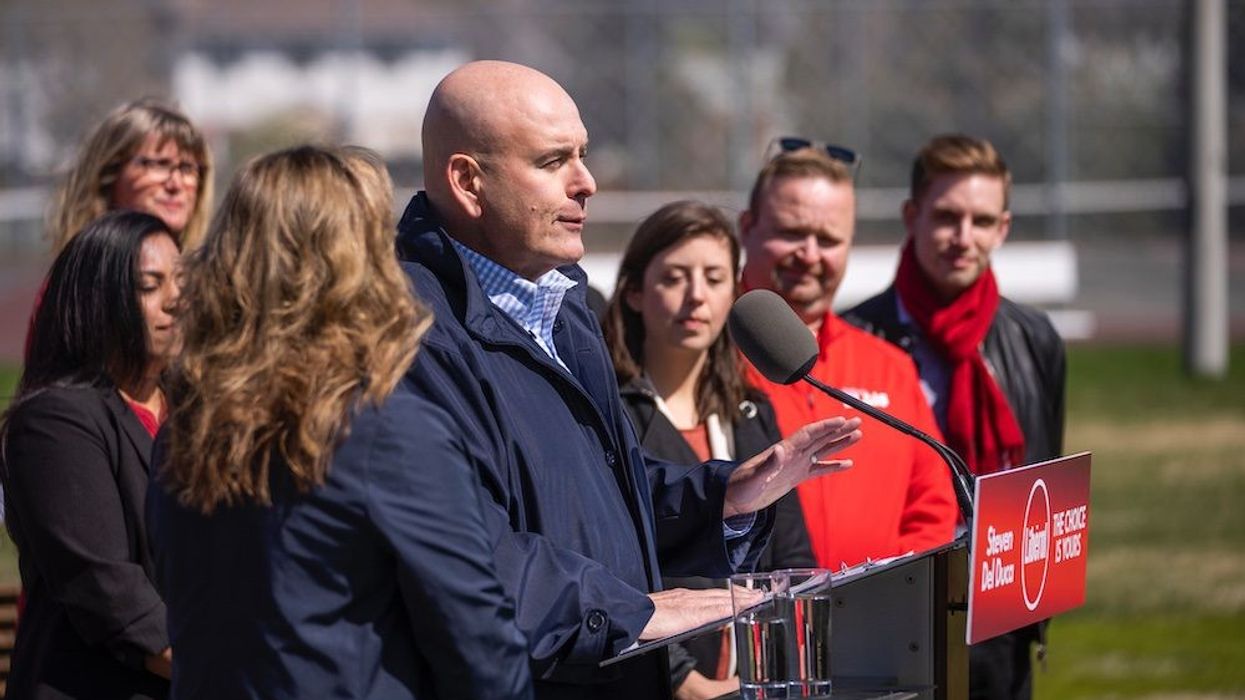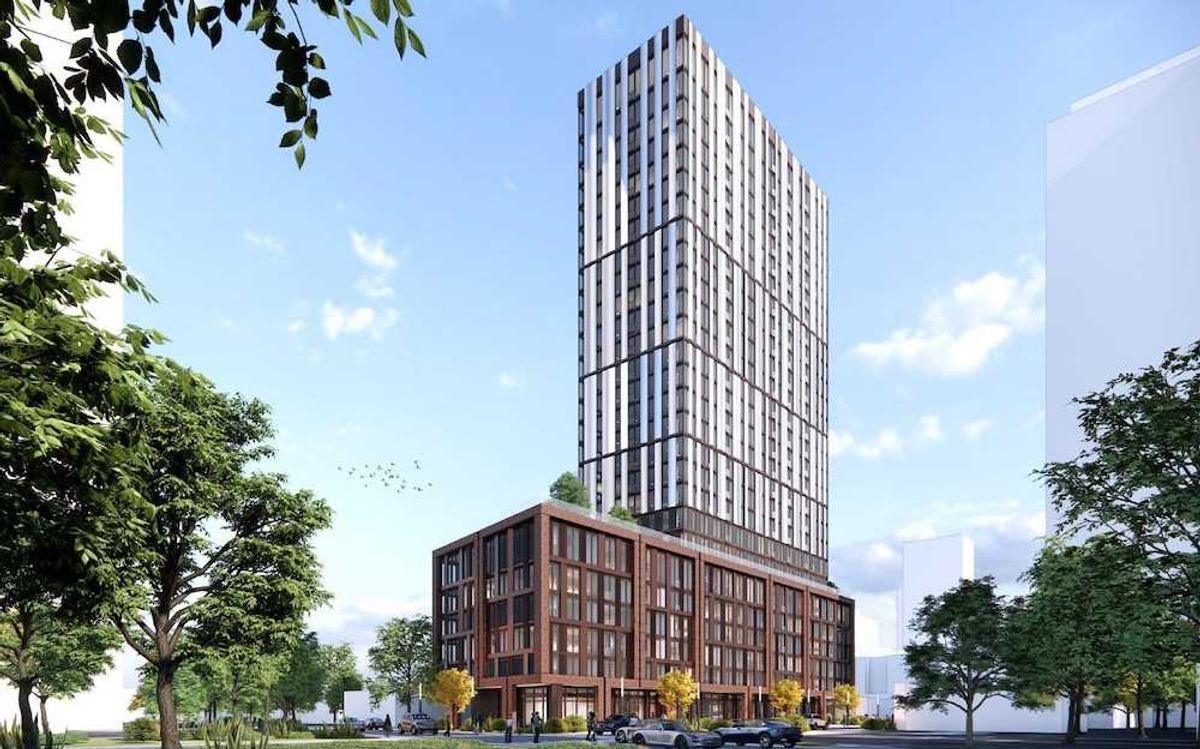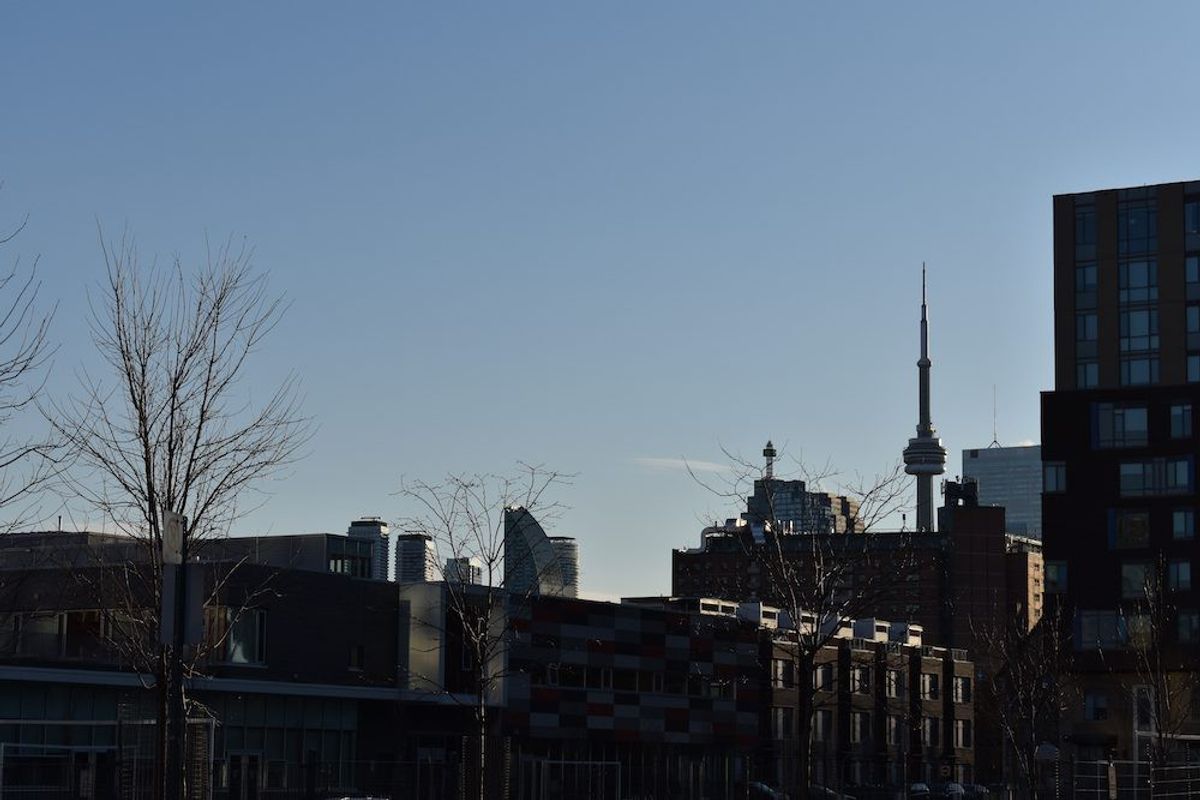The Ontario Liberals are ready to take aim at unaffordable housing with several ambitious new housing initiatives laid out in their election platform.
The fully costed platform, released on Monday, vowed to bring back province-wide rent control for all rental units. This would mark a significant change from the current policy introduced by Premiere Doug Ford in 2018 that exempts all rental units first occupied after November 15, 2018 from rent controls.
"The Ford Conservatives ended rent control to help their well-connected friends, making renters’ lives unpredictable and less affordable each year," the platform reads. "We’ll prevent sudden rent hikes by reinstating rent control everywhere in Ontario -- putting an end to the two-tiered rental market and providing much-needed stability to renters."
READ: Ontario Realtors Call to Double LTT Rebate, End Exclusionary Zoning
The provincial party also stated its intention to build 1.5M new homes over the next decade in an attempt to address issues of limited housing inventory -- one of the major contributors to rapidly rising home prices. This would include "truly affordable homes like new social and supportive housing for people who need it." Getting these homes built over the next decade would double the pace of building from the previous 10 years, the party says.
“It’s hard to have a conversation these days without hearing about the skyrocketing cost of housing," said Ontario Liberal Party Leader Steven Del Duca. "The fact is, it’s getting harder and harder for people to live in the neighbourhoods they grew up in. Our Ontario Liberal plan will double the pace of homebuilding next year, and keep that pace going until we’ve built 1.5M new homes on places like poorly used strip malls, land held for speculation, and available government properties.”
READ: Ontario NDP Unveils Platform Promising Rent Control, Down Payment Loans
To help speed up the homebuilding process, the Liberals say they will create a new Ontario Home Building Corporation (OHBC) to finance and build new homes. Any homes sold by the OHBC would only be available to first-time home buyers, and any proceeds would go back into creating more homes, the party said.
Premiere Doug Ford's housing plan has placed a significant focus on cutting red tape to get developments built faster. The Liberal platform has similarly vowed to "go after the rules and red tape that are driving home costs and prices up."
Unlike Ford's plan, however, the Liberal's focus is not on implementing punishments for municipalities that cannot meet significantly reduced approval deadlines. Instead, the party has promised to unlock more provincial land by burying electric transmissions lines, and redevelop underutilized strip malls and offices. The Liberals would also introduce zoning reform that would allow homes with up to three units and two-storeys to be built as-of-right across the province -- a permission that would also extend to secondary and laneway suites.
A new vacant homes tax for urban areas, a ban on new non-resident owners, and taxes for developers sitting on land are also on the table.
“In 2018, Doug Ford promised to reduce the cost of housing. In the four years since, the average home price has skyrocketed by half a million dollars as the Ford Conservatives churned through inadequate plan after inadequate plan,” Del Duca said. “The Ontario Liberal plan for housing affordability puts speculators on notice while putting families first. Our message to Ontarians concerned about housing affordability is clear: the choice is yours.”
READ: Reactions to Ontario's Budget Range From Frustration to Relief on Housing Front
The platform also took aim at the Ford government's controversial plan to build Highway 413. The Liberals, if elected, would scrap the highway plans and instead invest $10B into Ontario schools to ensure "classrooms are safe and in good condition -- including ventilation."
Just one week prior to releasing their full platform, the Liberals announced the party's intention to slash all transit fares across the province to $1 per ride and cap monthly passes at $40 until January 2024. Dubbed "buck-a-ride," the transit subsidy would take effect within the first 100 days of being elected, and would apply to every transit line in the province: all municipal networks (including the TTC), GO Transit, and Ontario Northland Service. The plan is estimated to remove 400,000 cars from the road every day and is expected to cost $710M in 2022-2023, and $1B in 2023-2024.
The Liberal platform includes a number of other eye-catching proposals such as guaranteeing 10 paid sick days, creating a new tax bracket for income over $500,000, ending for-profit long-term care, establishing maximum wait times for surgeries, forgiving all student loans for health care workers fighting COVID-19, banning handguns, and building to a four-day work week.
According to the platform costing, all of the promised initiatives would require $16.4B in new spending over the next four years. The 2022-23 deficit would come out to $19.9B -- the same as the Conservative's projected deficit. This number would drop to $15.9B the following year and to $9B and $5B the two years after that.




















